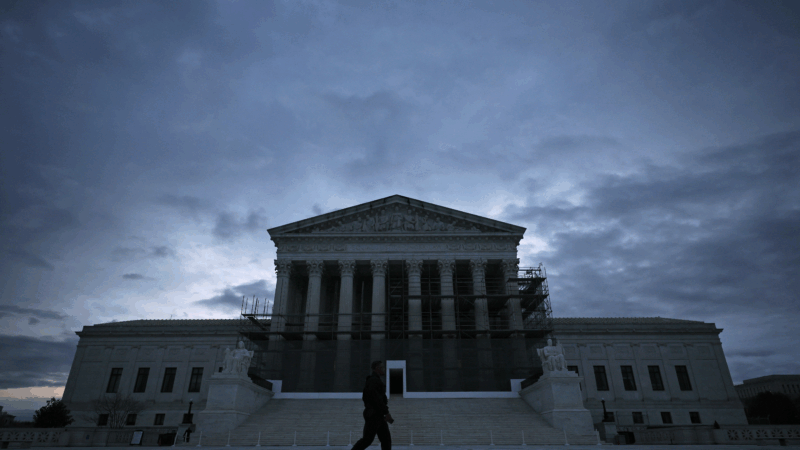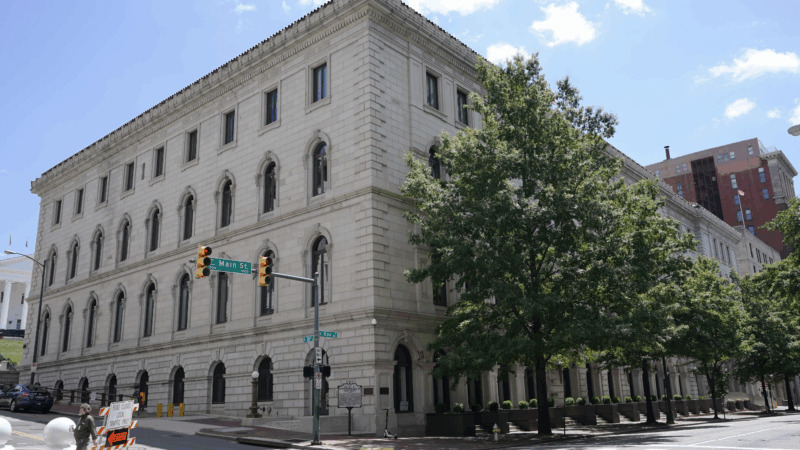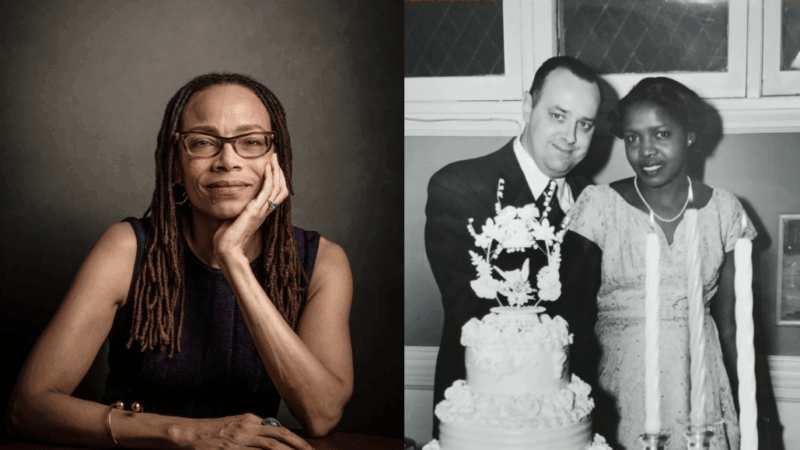Supreme Court faces new headwinds with roughly two weeks left in the term
The Supreme Court term usually ends with a bang, not a whimper. This is crunch time at the court, as the justices push to issue their opinions by the end of June. Some 20 cases remain to be decided—about a third of the total argued cases–many of them the most important of the term.
The Supreme Court used to be a rather stately beat with a distinct, and predictable, rhythm of its own. But something happened in the first Trump administration that, in the second Trump administration, has morphed into a phenomenon that has really changed the nature of the court’s work.
Put simply, the emergency docket, sometimes referred to as the shadow docket, is taking up more and more of the justices’ time.
The shadow docket
While there has always been an emergency docket, the tale is really told in the numbers, according to statistics compiled by Georgetown law professor Stephen Vladeck, author of The Shadow Docket.
In the George W. Bush Bush and Obama administrations—a period of 16 years—the government filed a request for emergency action only eight times. That’s oneevery two years. The two administrations together got what they wanted only four times in those 16 years.
That changed dramatically with the election of Donald Trump, who in his first term asked the court to block lower court orders 41 times.
He got what he wanted in whole or in part in 28 of those cases. In nearly all of those cases, the court, with three new Trump appointees, simply issued an order without any explanation as to why it was granting or refusing to grant the president’s wish.
That trend has continued during President Trump’s second term, where again, the tale is in the numbers. In the first 20 weeks of his second term, Trump sought emergency action from the court in 19 cases. For comparison, that’s the same number of requests made by the Biden administration over four years.
So how has Trump fared so far? The justices have ruled in favor of the administration in 10 of the 12 decided cases. These are consequential cases involving the administration’s efforts to lay off federal workers, shutter various agencies, and deport people without due process.
Bottom line—the workload at the court has increased exponentially on the emergency docket. The court is most often deferring to the president, blocking the decisions of lower courts without explanation, and then telling those judges to spend months litigating critical disputes further, regardless of the interim impact on whole agencies, farmers, scientists, tens of thousands of federal employees, and people rounded up for deportation, to name just a few of the affected groups.
Birthright citizenship
As for the cases that were fully briefed and argued before the court, there are 20 of them left to be decided this term. Almost certainly the biggest one is the “birthright citizenship” case (Trump v. CASA, Inc.) in which Trump claims that the Constitution does not guarantee citizenship to all people born in the U.S.
To date, no judge, including Republican-appointed judges, has agreed with Trump’s legal claim that only certain people are entitled to birthright citizenship. But the administration—knowing that it would likely lose on the birthright citizenship question—didn’t actually appeal those lower court rulings.
Yes, the Justice Department asked the court to block them, but for a different reason. The administration asserts that those lower court judges exceeded their authority when they applied their rulings not just to the individual litigants, or the region in the case, but to the whole country.
In other words, Trump is trying to prevent lower court judges from making nationwide rulings when they find a policy to be illegal.
Trans kids and puberty blockers
Another important case on the docket tests a state law that bars minors from accessing gender affirming care as they transition from their sex assigned at birth.
Twenty-five states have already enacted laws banning gender affirming care for minors. The transgender kids and their parents contend that these laws unconstitutionally discriminate based on sex because the same medications banned for trans kids are available to other minors for conditions ranging from endometriosis to early or late onset puberty.
In the coming days, the court will also make an important decision on religious rights in public schools that has school administrators shaking in their boots. Parents in Montgomery County, Md., want an opt- out provision for public schools—they want their children excused from class when materials, in this case books with LGBTQ+ characters, offend their family’s religious views.
If the Supreme Court sides with the parents, and it certainly sounded that way during oral arguments, school officials fear everyone would want to opt out of something, leading to frequent disruptions in classes.
Other major cases
There’s another important case challenging a Texas law that seeks to crack down on kids’ access to pornography, by requiring everyone using adult websites to provide proof of age first.
Finally, there’s another challenge to the Affordable Care Act. This time, Obamacare’s opponents are targeting a measure that requires most private insurance companies to provide free preventive care, without co-pays or deductibles, to adults and children. These free treatments include, among other things, immunizations, colorectal, breast, and other cancer screenings, and treatments to prevent people with HIV infections or those who have been exposed, from developing AIDS.
These preventive treatments have benefitted millions of people since the ACA went into effect 11 years ago–a sufficiently long time for most people to take the free coverage for granted. But if the court rules for the groups challenging the law, the benefits could disappear.
Federal judge acknowledges ‘abusive workplace’ in court order
The order did not identify the judge in question but two sources familiar with the process told NPR it is U.S. District Judge Lydia Kay Griggsby, a Biden appointee.
Top 5 takeaways from the House immigration oversight hearing
The hearing underscored how deeply divided Republicans and Democrats remain on top-level changes to immigration enforcement in the wake of the shootings of two U.S. citizens.
Snowboarder Chloe Kim is chasing an Olympic gold three-peat with a torn labrum
At 25, Chloe Kim could become the first halfpipe snowboarder to win three consecutive Olympic golds.
Pakistan-Afghanistan border closures paralyze trade along a key route
Trucks have been stuck at the closed border since October. Both countries are facing economic losses with no end in sight. The Taliban also banned all Pakistani pharmaceutical imports to Afghanistan.
Malinowski concedes to Mejia in Democratic House special primary in New Jersey
With the race still too close to call, former congressman Tom Malinowski conceded to challenger Analilia Mejia in a Democratic primary to replace the seat vacated by New Jersey Gov. Mikie Sherrill.
A daughter reexamines her own family story in ‘The Mixed Marriage Project’
Dorothy Roberts' parents, a white anthropologist and a Black woman from Jamaica, spent years interviewing interracial couples in Chicago. Her memoir draws from their records.






